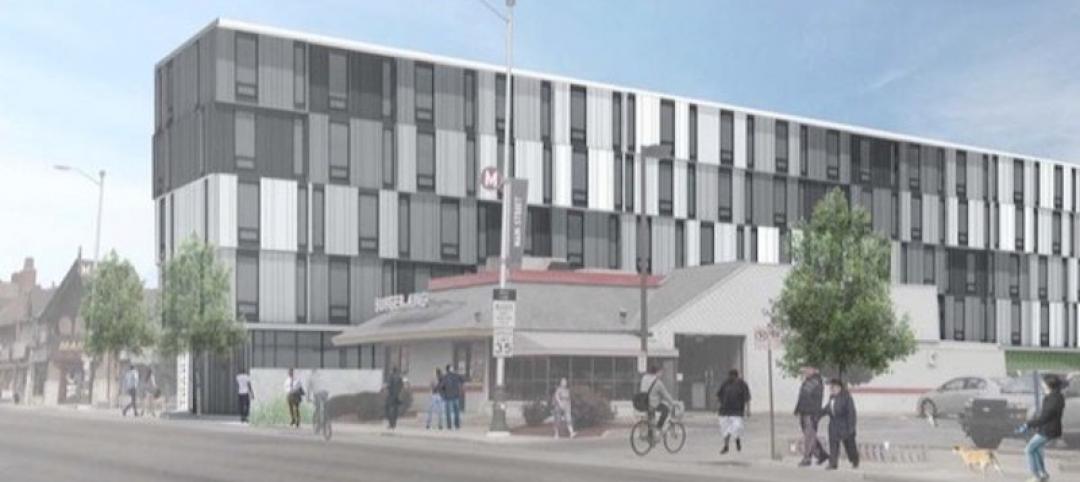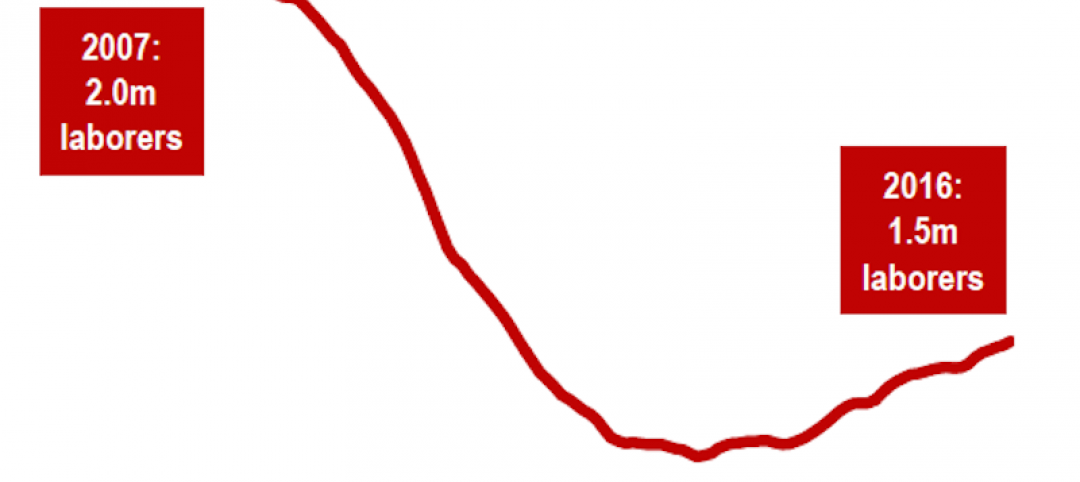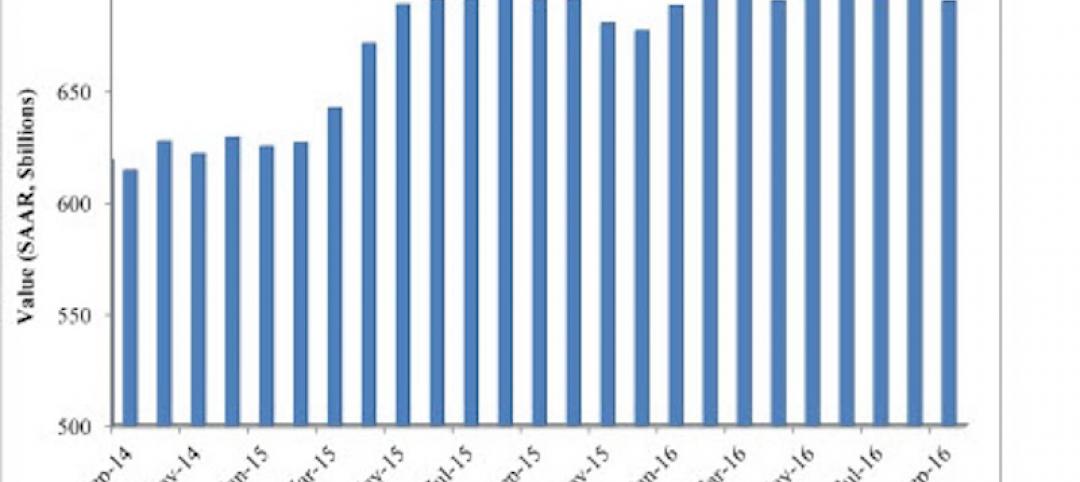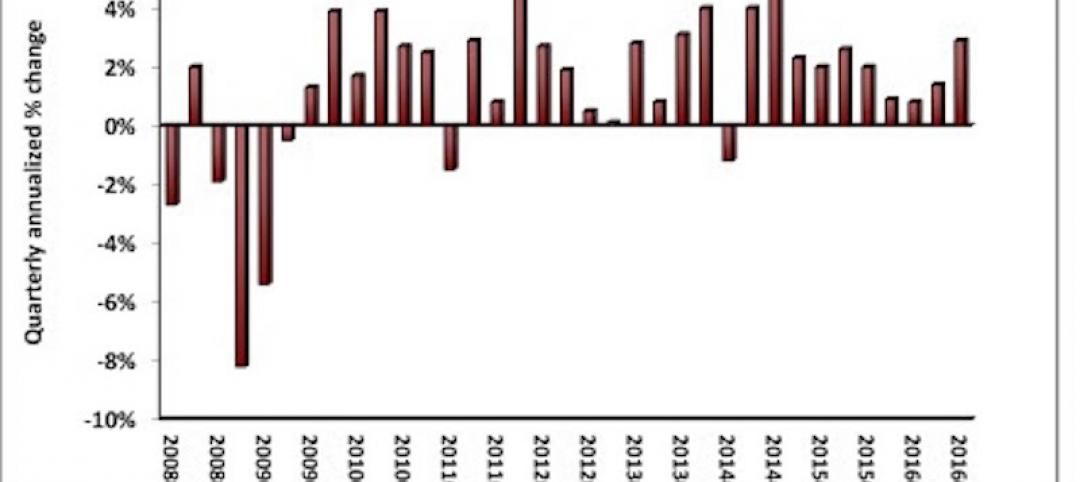Construction employment declined in more than nine out of 10 metro areas from March to April, a time when industry employment typically increases in most locations, an analysis by the Associated General Contractors of America of new government data shows. Association officials said new federal transportation funding could help restore many lost construction jobs, but cautioned that new legislation released today by House Democrats includes new regulatory measures that could undermine the broader goals of the measure.
“Today’s employment report shows how few areas were left unscathed by April’s unprecedented job losses,” said Ken Simonson, the association’s chief economist. “Sadly, our latest survey shows project cancellations are escalating, making further job losses inevitable unless there is funding for widespread new projects.”
The economist said construction employment declined between March and April in 326, or 91%, out of 358 metro areas and increased in only 20 areas (6%). Industry employment was unchanged in 14 areas. Over the previous 30 years, 75% of metro areas added construction jobs from March to April, on average, while 12% of metros shed jobs.
New York City lost the largest number of construction jobs for the month: 75,900 jobs or 49% of the March total. There were also extremely large construction job losses in the Seattle-Bellevue-Everett, Wash. area, 44,200 jobs or 41%. Construction employment fell by half or more in three areas: Montgomery County-Bucks County-Chester County, Pa. (-54%, -27,200 jobs); Warren-Troy-Farmington Hills, Mich. (-52%, -26,100 jobs); and Brockton-Bridgewater-Easton, Mass. (-50%, -2,300 jobs).
Simonson noted that more respondents in the association’s latest survey reported an upcoming project had been canceled in May or June than in April, implying that further job losses are likely. One-fifth of respondents reported a project scheduled to begin in May had been canceled, as did nearly one-quarter (24%) of respondents regarding a project scheduled to start in June or later, compared to 16% in April.
Association officials said new federal infrastructure investments in roads, bridges, transit and rail systems, like those proposed in a new transportation bill released today by House Democrats, would provide a needed boost to construction employment in many parts of the country and support a broader economic recovery. But they cautioned that new programmatic and regulatory requirements in the measure could undermine some the bill’s potential economic benefits. They urged Congressional leaders to work in a broad, bipartisan manner to rapidly pass a measure that expands highway capacity, improves bridges, builds transit and rail systems and supports long-term economic growth before current legislation expires.
“It is encouraging to see House Democrats proposing a significant increase in investments for transportation infrastructure,” said Stephen E. Sandherr, the association’s chief executive officer. “With over 40 million people unemployed and construction jobs declining in most metro areas, Congress needs to ensure that new, sustainable, investments bring as many people back to work as possible to help improve our aging highway, transit and rail systems.”
View AGC’s coronavirus resources and survey. View the metro employment data, rankings, map, highs and lows, and top 10.
Related Stories
Industry Research | Nov 30, 2016
Multifamily millennials: Here is what millennial renters want in 2017
It’s all about technology and convenience when it comes to the things millennial renters value most in a multifamily facility.
Market Data | Nov 29, 2016
It’s not just traditional infrastructure that requires investment
A national survey finds strong support for essential community buildings.
Industry Research | Nov 28, 2016
Building America: The Merit Shop Scorecard
ABC releases state rankings on policies affecting construction industry.
Multifamily Housing | Nov 28, 2016
Axiometrics predicts apartment deliveries will peak by mid 2017
New York is projected to lead the nation next year, thanks to construction delays in 2016
Market Data | Nov 22, 2016
Construction activity will slow next year: JLL
Risk, labor, and technology are impacting what gets built.
Market Data | Nov 17, 2016
Architecture Billings Index rebounds after two down months
Decline in new design contracts suggests volatility in design activity to persist.
Market Data | Nov 11, 2016
Brand marketing: Why the B2B world needs to embrace consumers
The relevance of brand recognition has always been debatable in the B2B universe. With notable exceptions like BASF, few manufacturers or industry groups see value in generating top-of-mind awareness for their products and services with consumers.
Industry Research | Nov 8, 2016
Austin, Texas wins ‘Top City’ in the Emerging Trends in Real Estate outlook
Austin was followed on the list by Dallas/Fort Worth, Texas and Portland, Ore.
Market Data | Nov 2, 2016
Nonresidential construction spending down in September, but August data upwardly revised
The government revised the August nonresidential construction spending estimate from $686.6 billion to $696.6 billion.
Market Data | Oct 31, 2016
Nonresidential fixed investment expands again during solid third quarter
The acceleration in real GDP growth was driven by a combination of factors, including an upturn in exports, a smaller decrease in state and local government spending and an upturn in federal government spending, says ABC Chief Economist Anirban Basu.
















